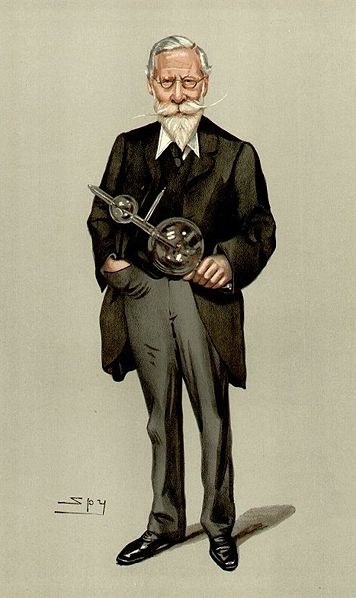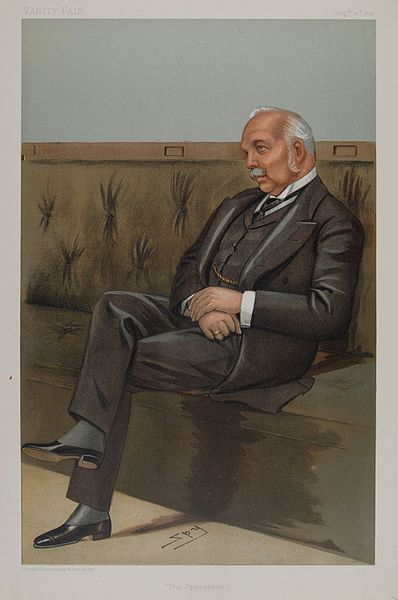
I read a nice essay saying that scientists make their advice to politicians too simple. What scientists over-simplify, said the essay’s author, is their uncertainties. I thought the author might be right: surely politicians don’t believe flat statements like, say, “climate change is making the world warmer and we’re all going to die.” Not that this post is about climate change because it isn’t. And anyway, don’t we all know that climate is more complicated than that? and that the science of its change is deeply uncertain? And wouldn’t politicians like knowing which uncertainties can be measured and which are so uncertain they’re not even measurable? Distinguishing measurable from unmeasurable uncertainties is, for me, both thrilling and disturbing.
I have digressed. Could the essay’s author – Andy Stirling, a policy researcher in the UK — kindly give me an example of science advice that isn’t simplistic? He could, and I closely paraphrase: the chances that climate change will make the world A degrees hotter in region B over period C in relation to baseline D are in a range between E and F. And interpretation G tends toward the E end of the range because of reason H, based on perspectives associated with context I. “Good luck with telling politicians that,” I thought.

So I wrote to a scientist who has advised politicians and asked if politicians would welcome information about measurable and unmeasurable uncertainties. He forwarded my email to a colleague. The colleague — Roger W. Cohen, a physicist and retired head of Exxon’s research with experience explaining science to non-scientists — said that whether or not politicians welcome the information, they should get it. A field like climate science, he argued, is full of “nonlinear chaotic properties” which don’t lend themselves to predictability. I translate that to mean climate science has unmeasurable uncertainties. Cohen continues, slightly changing the subject: because climate science is crucial to policy, it gets mixed up in politics, which in turn leads to “tribal behavior,” and we all know what that leads to – nothing good. Issues get wrongly conflated, people overstate their cases and in particular, the scientist tribe feels pressure to be more certain than those unmeasurable uncertainties allow it to be. This post is still not about climate change.
Back to the scientist who originally sent me to Cohen: he’s Will Happer, a physicist at Princeton and past head of the Department of Energy’s office of science. He agreed about science getting mixed up in policy and about tribalism and unwarranted certainty, though he put it in terms of Eve being convinced by the serpent that she and Adam would be as God, infallibly knowing good and evil. “The serpent is still around,” he said.
I’m a little confused now. Both Happer and Cohen belong to the tribe who are, about climate change, thoughtful skeptics; Stirling would seem to belong to the thoughtfully opposing tribe. No, the post is not about climate change. It’s about whether science advice should be simple. I think Cohen and Stirling agree that science should be shown to politicians with its uncertainties intact. But that’s going to be difficult, Cohen adds, because – follow me closely here – nobody can talk about something like climate without sliding into politics and from politics to tribalism and excessive certainty. So for a politically-interesting science, talking about uncertainties can lead to talking with excessive certainty? Is that what they’re saying?

Happer cuts straight through the whole affair. Whether science is presented with its uncertainties or not doesn’t matter much, he says. The politicians probably aren’t listening anyway: “Most policy makers will hear what they want to hear and nothing else,” he says. My brother the statistician understands this: those unanticipated, unmeasured uncertainties creep up behind you in dark alleys, he says, and talking about them just makes you want to leave the room. Exactly. My point exactly.
Caricatures from Vanity Fair, via Wikimedia Commons
Nice. It reminds me of physics Professor Howard Hayden’s oft repeated observation: “People will do anything to save the world … except take a course in science.”
Well, what would you expect, Noblesse? Science is HARD.